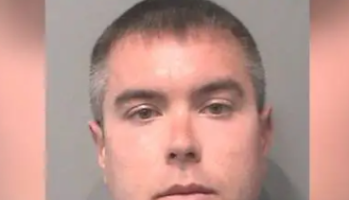INDIANAPOLIS–Indiana has been ranked the “least safe” state in the U.S. for COVID-19 by Wallethub.
In a recent survey, Wallethub used five different metrics to measure the response to COVID-19 by all 50 states and the District of Columbia. Those five are the rate of COVID transmission, positive test results, hospitalizations, deaths, and the share of the eligible population getting vaccinated.
“Indiana comes in last or pretty close to last in each one of those five things,” said Jill Gonzalez, senior analyst at Wallethub.
The state ranks 31st in transmission rate, 45th in death rate, 46th in hospitalization rate, 49th in positive testing rate, and 48th in vaccination rate. Gonzalez says it wasn’t always this way for Indiana.
“Indiana was pretty close to in the middle for a while, but we’ve seen it get lower and lower over time. Right now only Mississippi and Wyoming have lower vaccination rates than Indiana,” said Gonzalez.
Gonzalez says the study also compared the COVID responses from states run by Democrats (blue) as opposed to Republicans (red).
“This also has changed over the course of the pandemic. Right now, blue states are more safe than red states. The average rank for blue states, at least this week, was 20th. Red states were 32nd,” said Gonzalez.
Gonzalez says Wallethub updates the rankings “about every two weeks or so” as new data becomes available. The safest states for COVID-19 are the District of Columbia (1st), California (2nd), and Hawaii (3rd).
As for Indiana’s neighbors, Kentucky is ranked 50th, Ohio is 47th, Michigan is 46th, and Illinois is ranked 30th.
Wallethub is a personal finance website that normally focuses on credit scores. They conduct these types of surveys due to the effect COVID-19 has had on the economy.
“The safer people feel during the winter holidays, the more they will spend on gatherings and associated seasonal travel. However, the spike in breakthrough COVID cases paired with the omicron variant might make people feel less safe. Companies and individuals alike are starting to become more cautious again, which can impact the return to normality that the economy has gotten used to,” said Gonzalez.
You can read the full study here.
LISTEN: Full interview with Gonzalez













